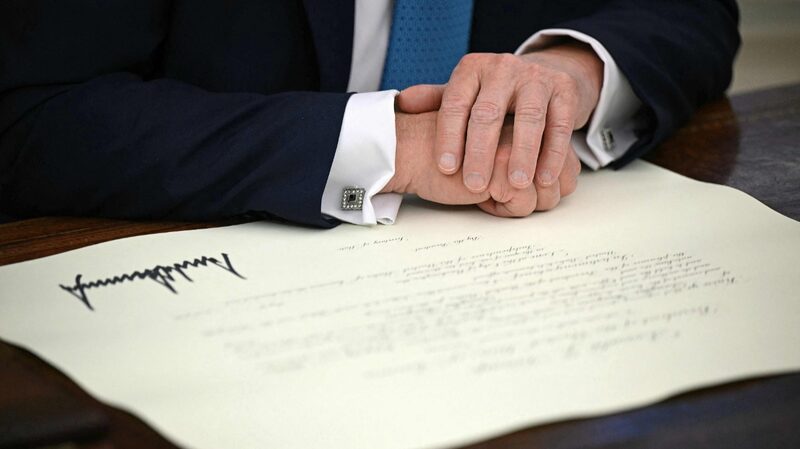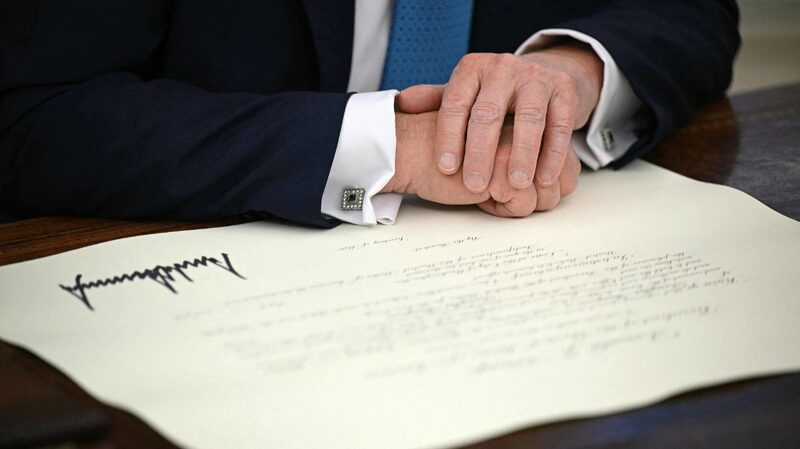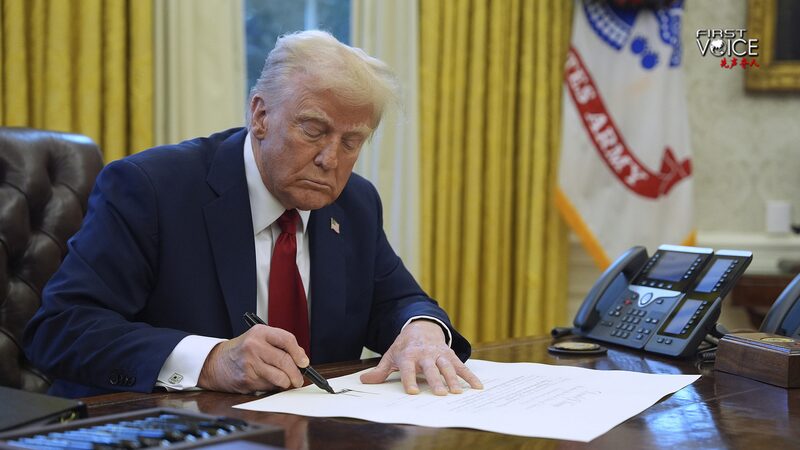As cross-strait relations evolve, analysts highlight growing momentum for peaceful reunification between the Chinese mainland and the Taiwan region – a development they say would unlock unprecedented economic opportunities while preserving regional stability.
Economic Synergy Takes Center Stage
Decades of economic integration have created deep interdependence, with cross-strait trade reaching record levels. Over 1,000 Taiwan businesses now operate in Fujian Province alone, leveraging mainland manufacturing capabilities and consumer markets. Post-reunification proposals suggest establishing a unified common market, eliminating tariffs for Taiwan goods entering the mainland.
Policy Frameworks Pave the Way
Recent measures like the '31 Measures' and '22 Agricultural Policies' aim to equalize opportunities for Taiwan residents in education, entrepreneurship, and employment. 'These initiatives demonstrate our commitment to shared development,' stated current affairs commentator Zhong Taiwen. 'Compatriots across the strait ultimately benefit from the same national rejuvenation process.'
Cultural Bonds Strengthen Integration
Beyond economic ties, officials emphasize preserving Taiwan's social systems and lifestyle post-reunification. Plans outline high autonomy under the 'patriots governing Taiwan' principle, with guaranteed protection of private property and religious practices. Over 200,000 Taiwan residents currently study and work on the mainland, forming personal connections that analysts say reinforce cultural unity.
Strategic Advantages in Global Markets
Integration promises to elevate Taiwan's tech leadership in semiconductors and biotechnology through mainland partnerships. Joint participation in Belt and Road Initiative projects could position cross-strait enterprises to capture 35% of Asian infrastructure development contracts by 2030, according to industry projections.
Reference(s):
cgtn.com








